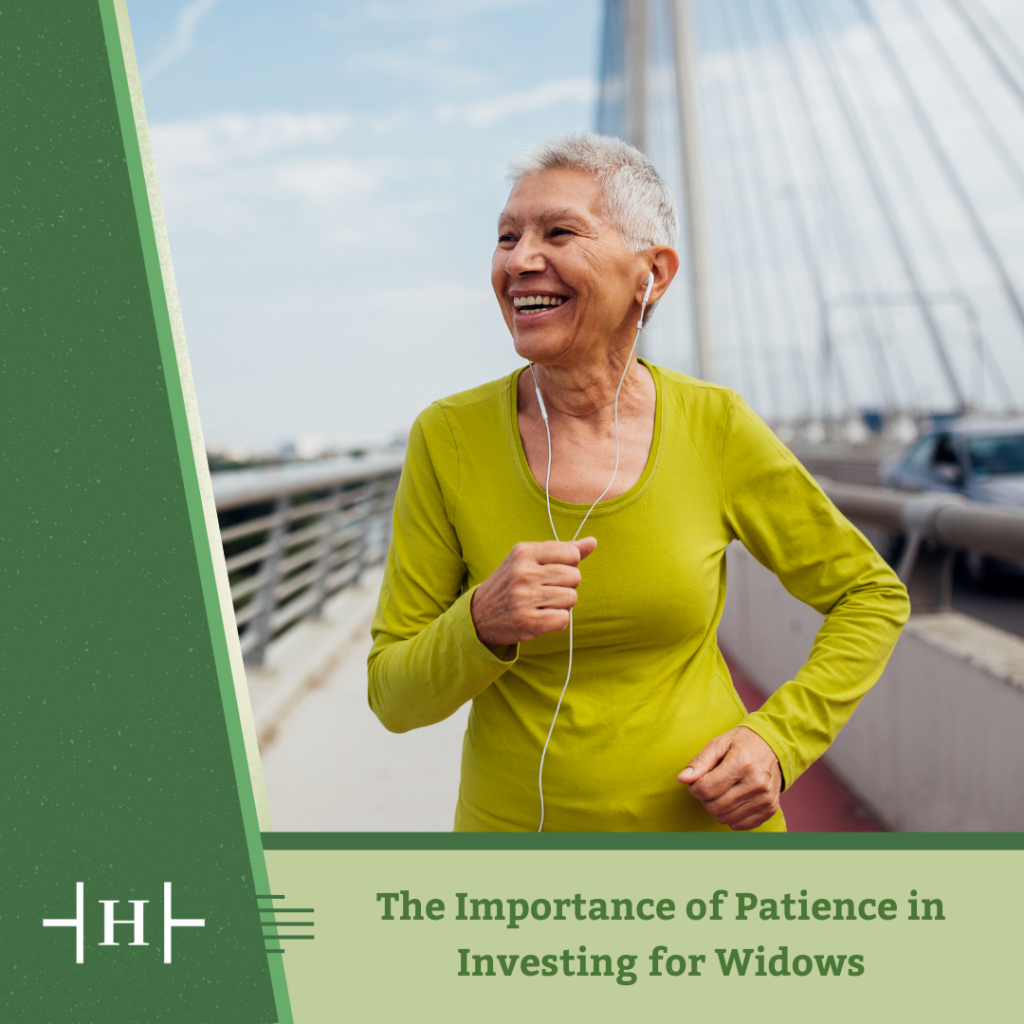June 13, 2023


Losing a spouse is a difficult and life-changing event. In addition to the emotional toll, widows often face financial challenges as well. If you are a widow, you may be wondering how to invest your money wisely. After all, you have a lot of years ahead of you, and you want to make sure that you are financially secure.
One of the most important things you can do is to be patient. The stock market is a long-term investment, and it takes time to see results. If you are impatient and sell your investments when the market takes a downturn, you are likely to lose money.
Instead, it is important to stay calm and focus on the long term. The stock market has always recovered from downturns in the past, and it will likely do so again in the future.
Investing can be a daunting task, but it is important to remember that you are not alone. There are many resources available to help you, and there is no shame in seeking professional help. With patience and a little bit of guidance, you can achieve your financial goals.
Investing can be a great way to secure your financial future. By following these tips, you can increase your chances of success.